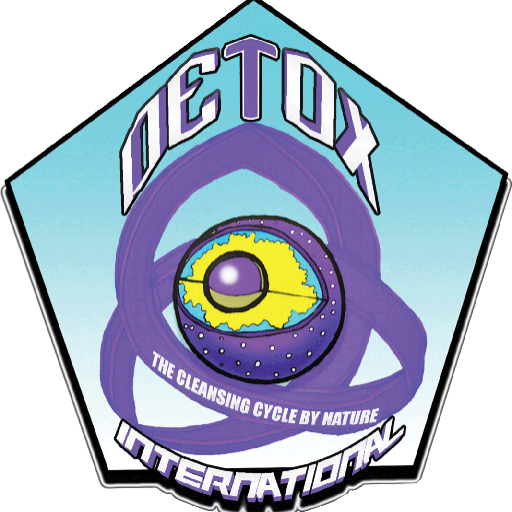Chromium
300 +/- parts per million
Chromium deficiency is a major factor in the development of heart disease (heart attacks, hardening of the arteries). Chromium is stored principally in the kidneys, spleen and testes, with trace amounts found in the heart, lungs, pancreas and brain. The body can not easily absorb chromium.
Chromium helps the body regulate metabolism, and regulate insulin and blood sugar levels. Chromium helps the body lose weight by stimulating enzymes that metabolize glucose for energy. It plays an important role in the liver synthesis of fatty acids (burns fat). When the body is deficient in chromium, twice the amount of time is needed for insulin to remove glucose from the blood. Chromium enhances insulin performance and glucose
utilization and helps carry proteins. Chromium works best if taken before meals. Refined sugar causes the body to deplete chromium more rapidly. Strenuous exercise can also deplete chromium levels. The elderly are unable to store as much chromium in the body as are younger people. The refining of starches and carbohydrates robs foods of chromium. American soil is chromium deficient compared to European soil.
Some symptoms of a chromium deficiency:
Anxiety
Hyperinsulinism
Attention Deficit Disorder (A.D.D)
Hypoglycemia
Aortic cholesterol plaque
Hyperactivity
Arteriosclerosis
Impaired growth
Bi-polar disorder
Infertility
decreased sperm count
Coronary blood vessel disease
Obesity
Depression
Pre-diabetes
Diabetes
Peripheral neuropathy
High blood
cholesterol
Natural sources: corn oil, cloves, whole grain cereals, meat, and brewer’s yeast.


